An Increasingly Inaccurately Named Trilogy: Episode VI – Return of the Jedi
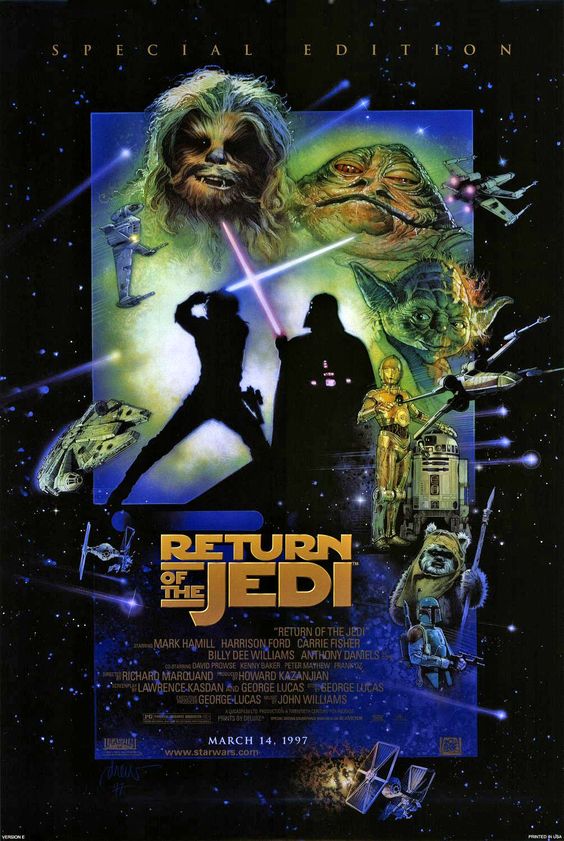 The standard line about the original trilogy is that Return of the Jedi is its weak link. It will surprise nobody to learn that I’m suspicious of this logic, which is at its heart rooted in an aesthetic that says that big reveals like Vader being Luke’s father are good and Ewoks are bad, but it’s nevertheless worth recognizing that Return of the Jedi is the one film in the original trilogy that’s markedly improved by the presence of the prequels. This isn’t a new observation – it’s at the heart of the famous Machete Order, which suggests putting the prequels between The Empire Strikes Back and Return of the Jedi, and which basically prompted this entire series with its argument for why you should skip The Phantom Menace while doing this, which was the immediate cause of my remarking that prequel criticism was generally worse than the prequels themselves.
The standard line about the original trilogy is that Return of the Jedi is its weak link. It will surprise nobody to learn that I’m suspicious of this logic, which is at its heart rooted in an aesthetic that says that big reveals like Vader being Luke’s father are good and Ewoks are bad, but it’s nevertheless worth recognizing that Return of the Jedi is the one film in the original trilogy that’s markedly improved by the presence of the prequels. This isn’t a new observation – it’s at the heart of the famous Machete Order, which suggests putting the prequels between The Empire Strikes Back and Return of the Jedi, and which basically prompted this entire series with its argument for why you should skip The Phantom Menace while doing this, which was the immediate cause of my remarking that prequel criticism was generally worse than the prequels themselves.
The problem that Return of the Jedi has on its own merits is Luke’s constant assertion that there’s still good in Darth Vader, a claim that not only lacks justification in the films but is actively unjustified by the sheer degree that Darth Vader is an ostentatious force of pure evil badassery. As we’ve discussed at length, it’s not that the claim that there’s some good in him is particularly justified by the prequels either, but at least the line is uttered by Padme in Revenge of the Sith, and more to the point, the prequels put significant effort into making Anakin an actual character. It’s difficult to actually imagine the Darth Vader of A New Hope and The Empire Strikes Back making an abrupt face turn, but while it’s still a bit out of left field, it’s perfectly possible to imagine the Anakin Skywalker of Attack of the Clones and Revenge of the SIth doing it. (I mean, hell, he’s so fickle in Revenge of the Sith that it’s basically possible to imagine him doing anything.)
More broadly, the relationship between Luke and Vader is, in the original trilogy, a pure abstraction – it matters entirely because of the basic ideological valences of fathers and sons. Indeed, the fact that it literally only matters because of patriarchy goes a long way towards explaining the weirdly outre status of Leia within this relationship, with her involvement a somewhat disposable third movie reveal in which she gets played as the fool, getting a piece of information the audience already knows and that has no actual bearing on the plot. But as a conclusion to the entire Lucas-governed saga it’s a far deeper relationship, and that gives the film new weight, a fact reflected in Lucas’s decision to replace Sebastian Shaw with Hayden Christensen in the final scene. (Honestly not a bad decision, though he probably should have replaced Alec Guinness with Ewan MacGregor in this and The Empire Strikes Back to set it up better.)
But it’s worth interrogating why this should be the case. After all, it’s not obvious that the solution to an undercooked finale is to go back and add more stuff before it while not actually changing anything about the finale itself save for swapping out “Lapti Nek” for “Jedi Rocks.”…

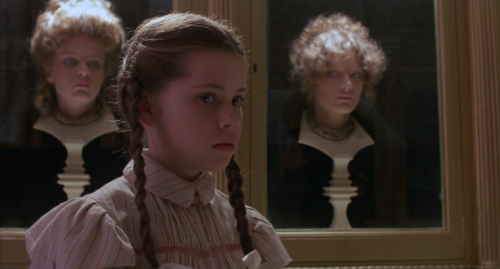 The Shabcast is back.
The Shabcast is back.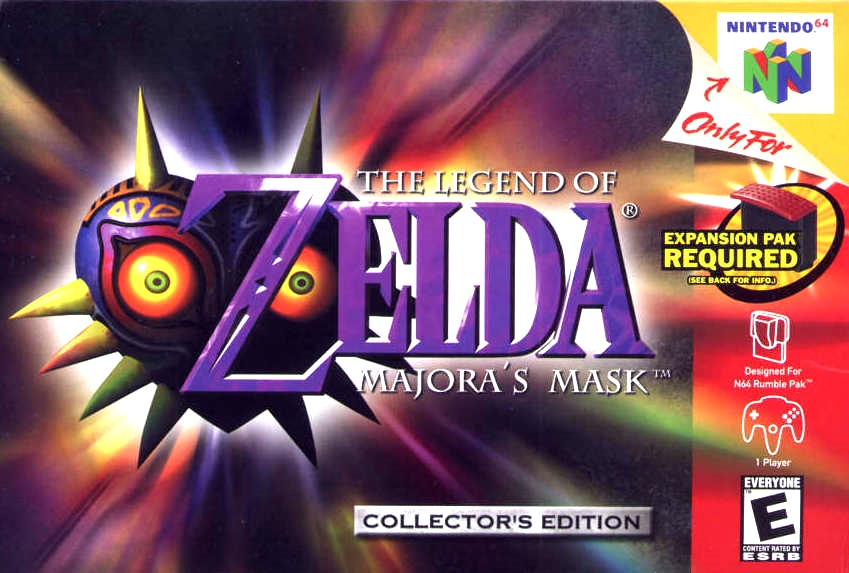 There was a child once long ago who went into the woods outside Kokiri Village. The child was looking for someone, and was very sad because all of their friends had gone away, and they thought that they didn’t have any. As it came to be, these woods were enchanted, and it was said strange and mysterious things happened to those who travelled through them. Some of the village people thought these woods had been the dwelling-place of the Old Ones in the time no-one could remember anymore, and that their spirits and memories still haunted those same woods.
There was a child once long ago who went into the woods outside Kokiri Village. The child was looking for someone, and was very sad because all of their friends had gone away, and they thought that they didn’t have any. As it came to be, these woods were enchanted, and it was said strange and mysterious things happened to those who travelled through them. Some of the village people thought these woods had been the dwelling-place of the Old Ones in the time no-one could remember anymore, and that their spirits and memories still haunted those same woods.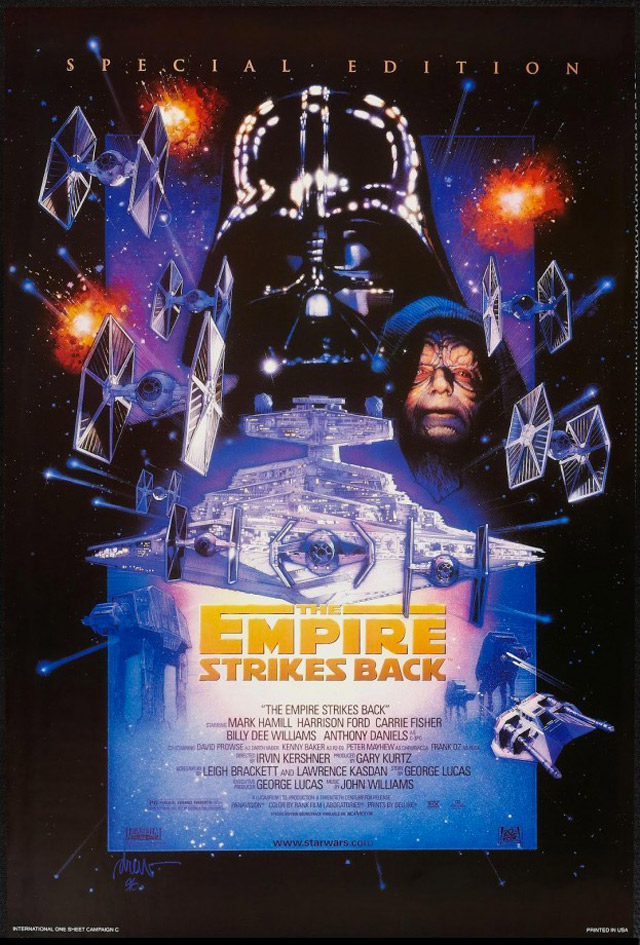
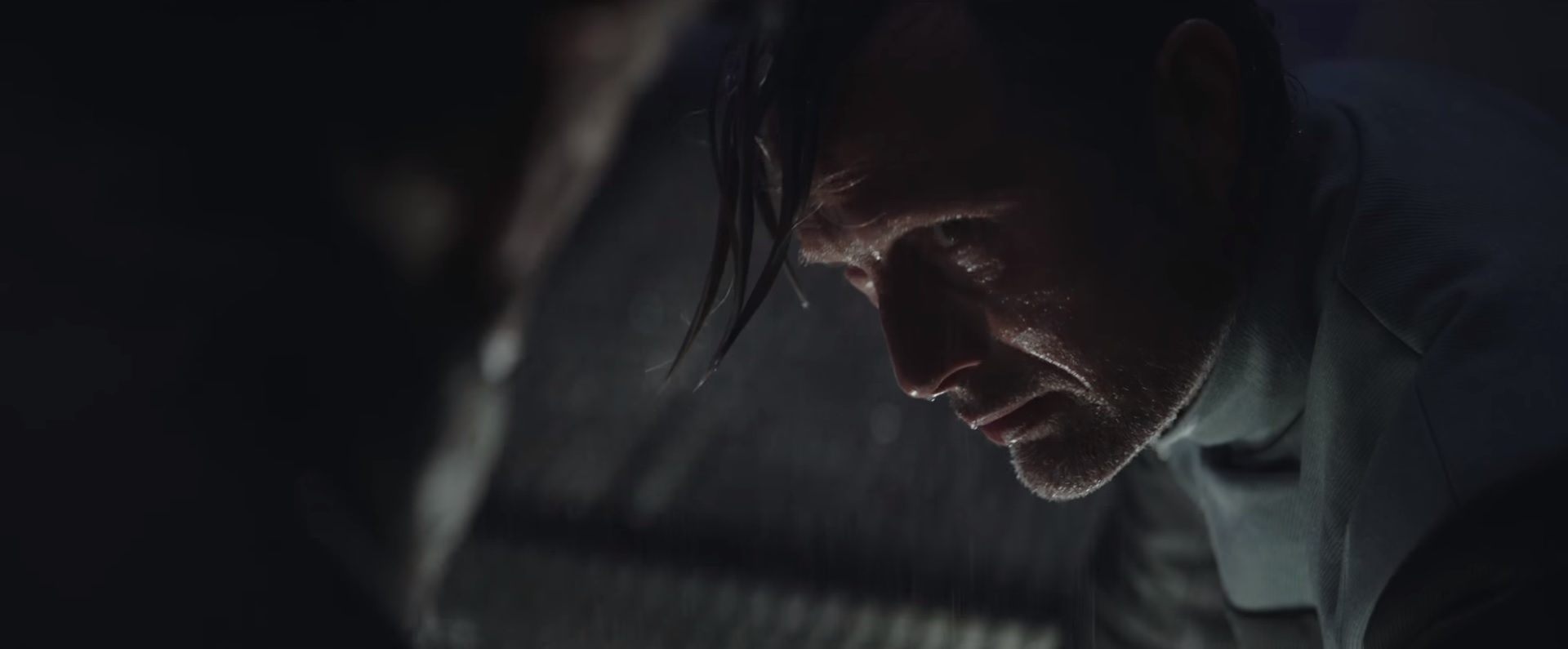 Spoilers
Spoilers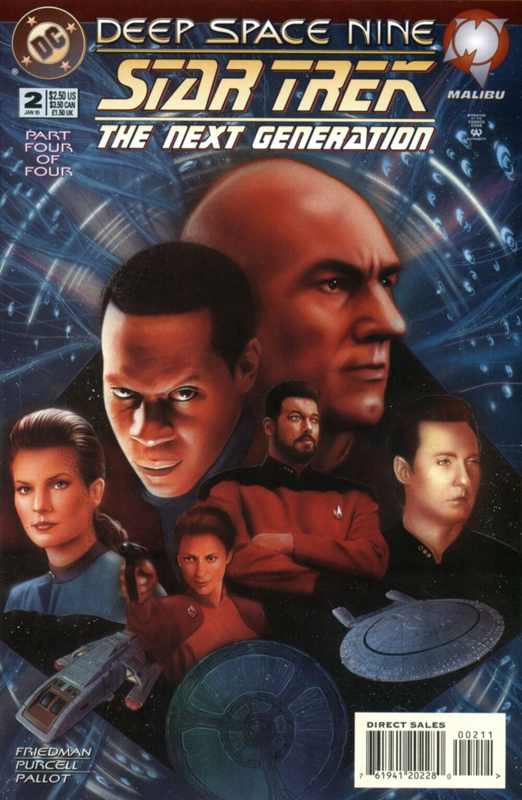 The Othersiders are gloating at having captured Data, Odo and Deanna. They order them to drop their weapons, which they do, but not before Data sets them to overload, causing yet another terrific explosion. The scattered away team uses the opportunity to kick massive amounts of ass, with Data punching people square in the gut with the full brunt of his android strength, Deanna unleashing sick karate moves and Odo turning into an awesome sludge monster to dispatch the rest. In sludge monster form, Odo praises Deanna’s fighting skills in a tone that, if I didn’t read him as asexual and aromantic, could almost be construed as a come-on. Deanna brushes it off by saying Worf trained her.
The Othersiders are gloating at having captured Data, Odo and Deanna. They order them to drop their weapons, which they do, but not before Data sets them to overload, causing yet another terrific explosion. The scattered away team uses the opportunity to kick massive amounts of ass, with Data punching people square in the gut with the full brunt of his android strength, Deanna unleashing sick karate moves and Odo turning into an awesome sludge monster to dispatch the rest. In sludge monster form, Odo praises Deanna’s fighting skills in a tone that, if I didn’t read him as asexual and aromantic, could almost be construed as a come-on. Deanna brushes it off by saying Worf trained her.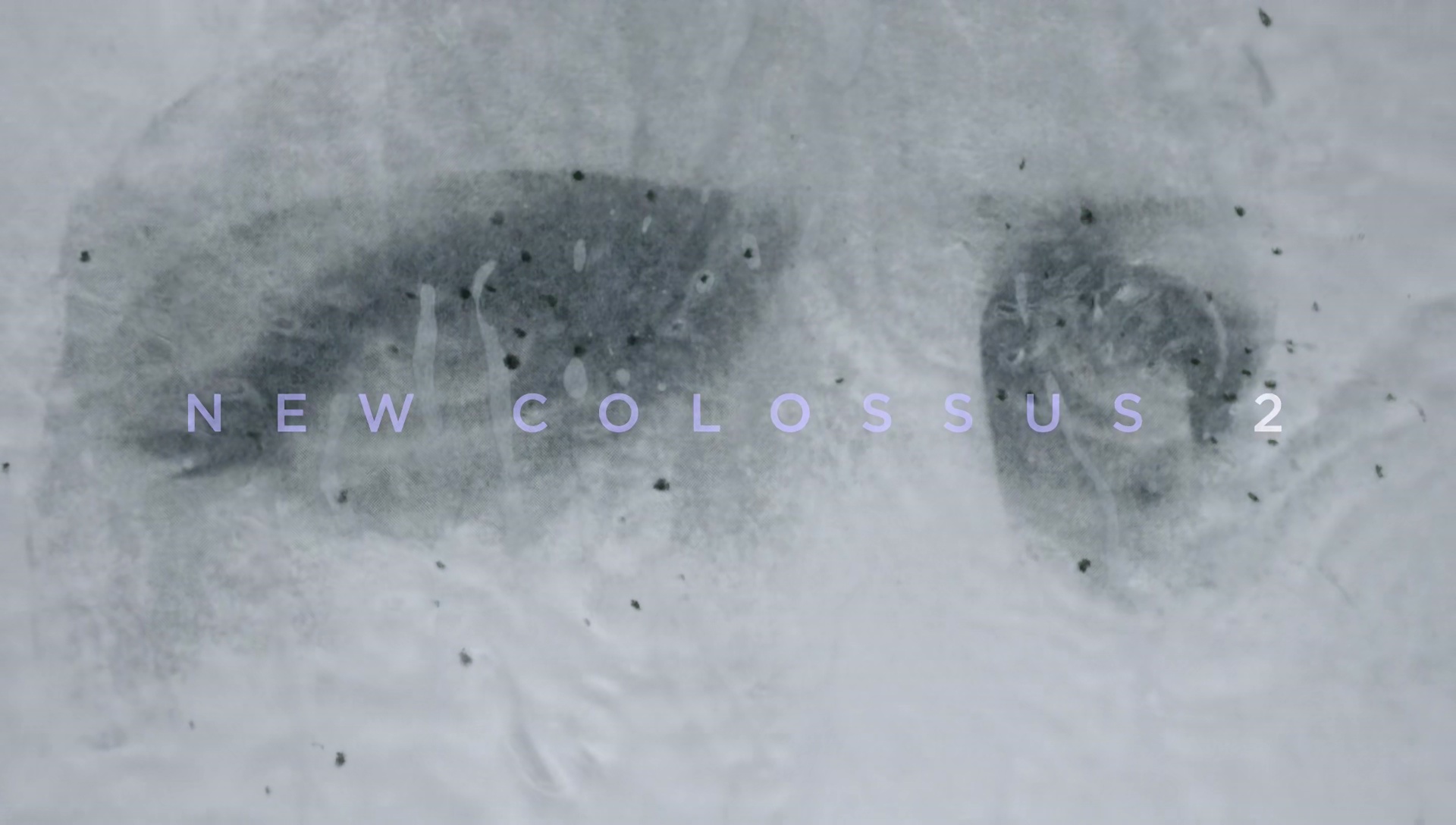 Before we begin, I’d like you to reach out and touch the screen you’re reading this from. Is it hot or cold to the touch? Glossy or matte? I bet it’s hard. You wouldn’t want to put your hand through this “glass” even if you could get it fixed for free. Notice how your hand obscures the light.
Before we begin, I’d like you to reach out and touch the screen you’re reading this from. Is it hot or cold to the touch? Glossy or matte? I bet it’s hard. You wouldn’t want to put your hand through this “glass” even if you could get it fixed for free. Notice how your hand obscures the light. 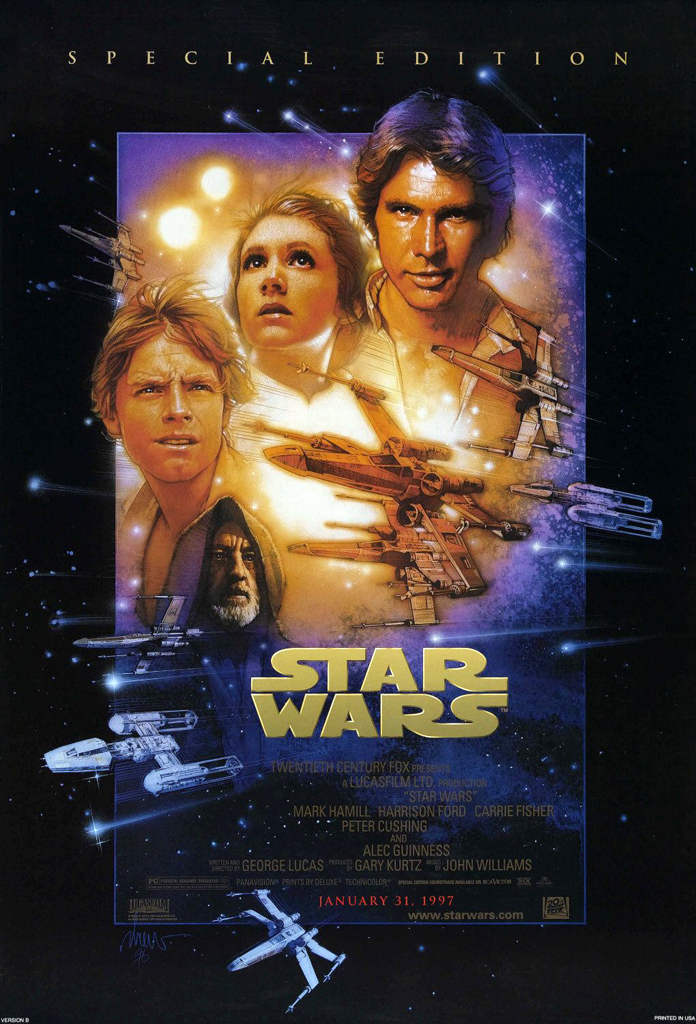 Coming at
Coming at 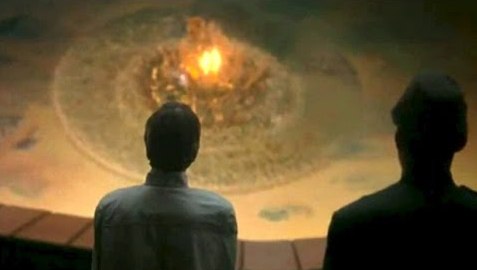 Yes, yet more
Yes, yet more